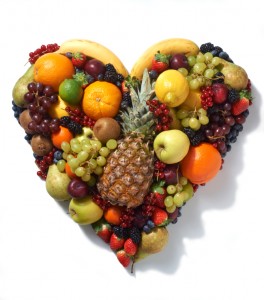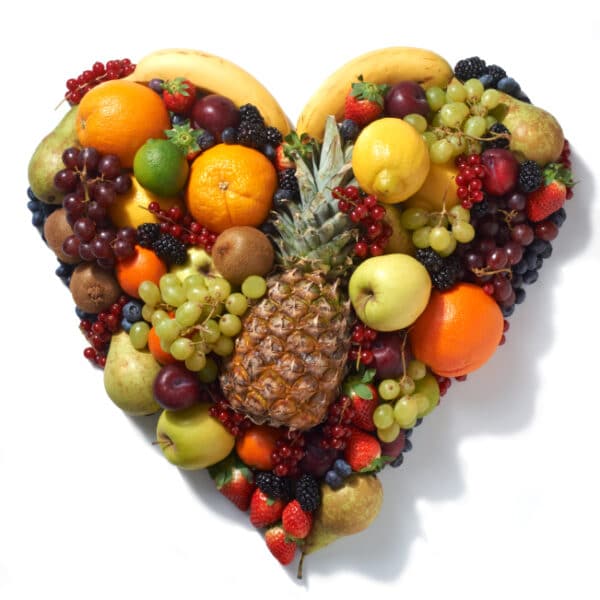 Hearts are much in the news this week – whether in the romance of 14th February, or the news that the National Institute for Health and Care Excellence (NICE) is recommending that many more people should be prescribed cholesterol-lowering statins if they are at risk of heart disease.
Hearts are much in the news this week – whether in the romance of 14th February, or the news that the National Institute for Health and Care Excellence (NICE) is recommending that many more people should be prescribed cholesterol-lowering statins if they are at risk of heart disease.
Pills or diets for heart health?
Currently, doctors prescribe statins if people have a 20% risk of developing cardiovascular disease. But in new draft guidance, NICE is recommending that the threshold for starting preventive treatment of these conditions should be halved to a 10% risk.
Does this imply that we can now put away healthy diets and just pop pills instead? The answer is an emphatic no.
Reducing your blood cholesterol level, whether that’s through medication or lifestyle changes, will reduce your risk of cardiovascular disease. But statins are not a quick fix. Smoking, high blood pressure and raised cholesterol levels are all big causes of cardiovascular disease. The risk assessment undertaken for statin therapy should be seen as the starting point for a dialogue between patient and doctor about the particular patient’s risk of having heart disease, and finding the best way to help avoid that outcome.
Indeed, the new guidelines suggest that doctors should tackle the risk factors, and encourage at-risk patients to stop smoking, cut down on alcohol, take exercise, eat a healthy diet and maintain a healthy weight. And only once these factors have been addressed, should statin therapy be offered to patients.
Some dietary tips for a healthy heart
So what does BNF have to offer in terms of top tips for heart health?
Firstly reducing saturated fat intake may help to keep your blood cholesterol down. This can be achieved for example by:
- choosing leaner cuts of meat, and removing the skin from poultry
- cutting back on fats and oils such as lard, ghee, butter and palm oil, and using oils and fats that are high in unsaturated fats (monounsaturates and polyunsaturates), such as rapeseed, olive and sunflower oils/spreads. Or grill rather than fry.
- trying not to have biscuits, cakes, pies and pastries too often .
Additionally use foods rich in soluble fibre such as oats and pulses (peas, beans, lentils) which may help to reduce blood cholesterol levels, and choose foods with lower levels of salt and don’t add any extra when cooking or at the table.
Foods with added plant stanols and sterols, eaten regularly, can also help lower raised blood cholesterol levels.
Share this with your loved one
So this Valentine’s Day perhaps ditch the chocolates for a basket of luscious fruits, and care for you and your loved one’s hearts by eating a healthy meal, and going for a walk. Together.






